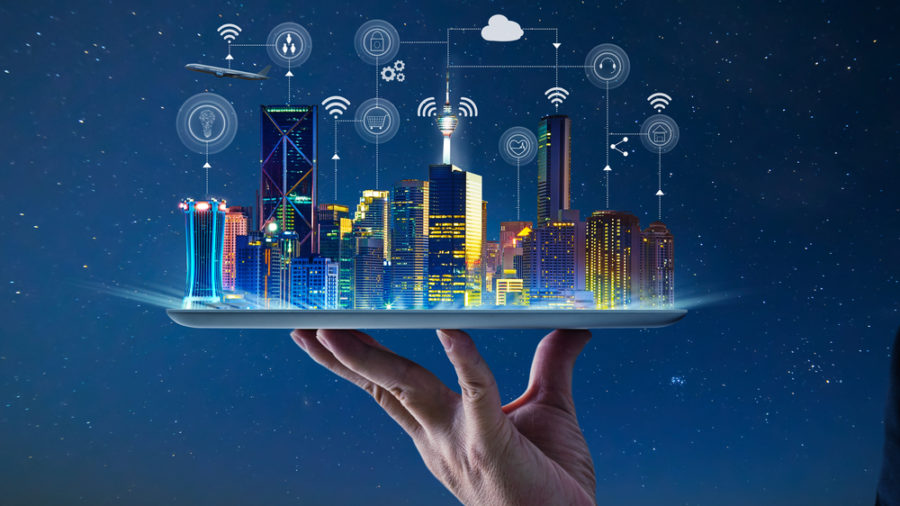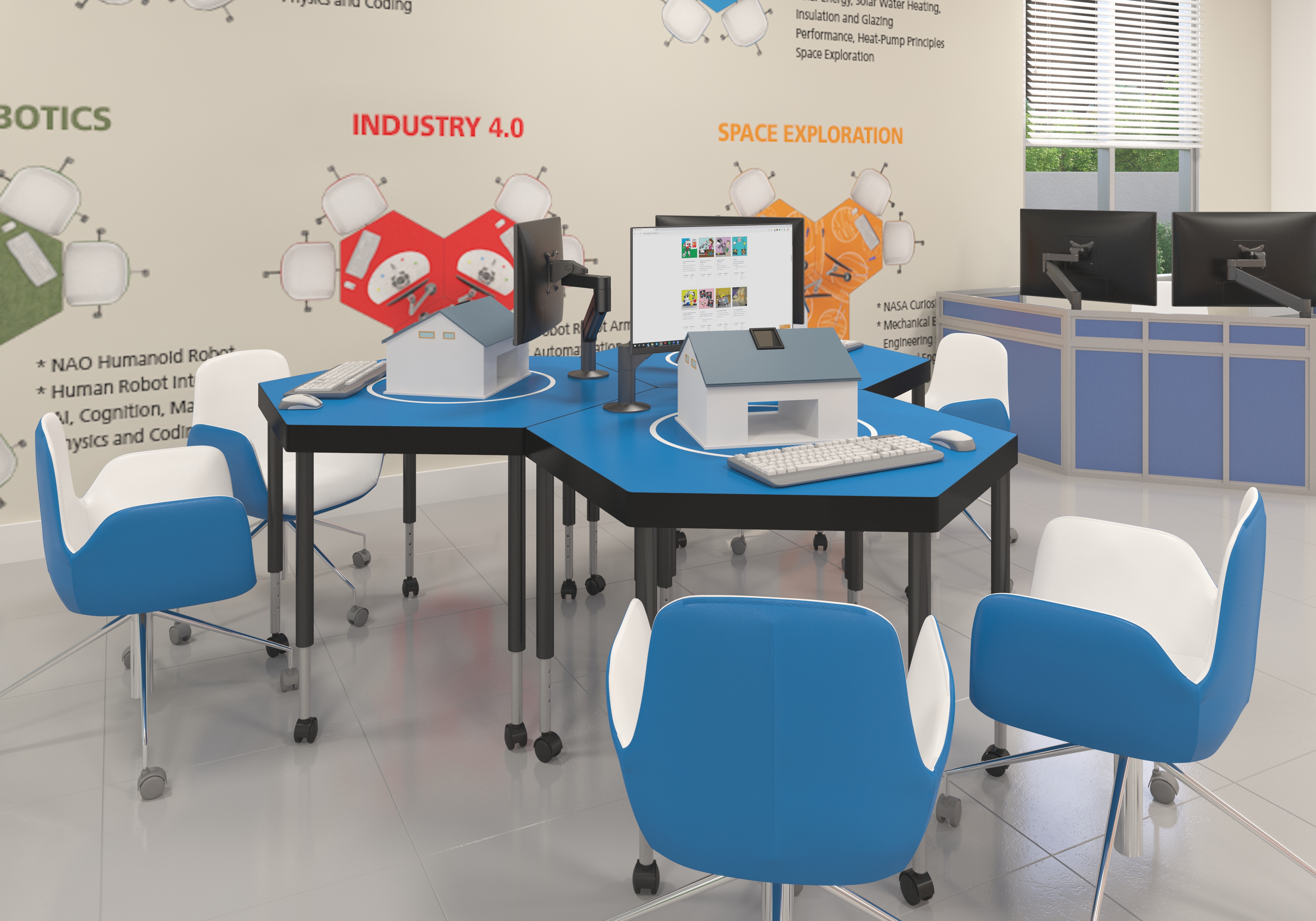
There are many technical definitions for the term “smart cities,” but this one by Interesting Engineering puts it succinctly, so it’s clear: Smart cities use technology to better population’s living experiences, operating as one big data-driven ecosystem.
Data collection will be at the heart of the smart city. Data will be collected from residents, transport systems and other city infrastructure. The data will reveal patterns in behavior or inefficient use of resources and the aim is to use this information to improve the living conditions for citizens. Amongst other things, data collection will result in notifications on the best times and the best routes to travel, personal energy usage, etc. Let’s look at how urban data collection could affect education and benefit schools.
Chicago’s Array of Things (AoT)
One example of how urban data collecting can affect schools is Chicago’s Array of Things (AoT). It is a project that has installed data-collection sensors around the city, reports Edsurge. High school students in neighborhoods, where data-collection devices have gone up, create and put up their own versions of the data collection devices during their science classes so they can compare the data they gather to the city’s data, reports Edsurge. In this way, the students are able to increase their STEM skills and they learn more about their own communities.
Decreased asthma attacks amongst students
Data collected by researchers in Chicago is helping schools to reschedule school operations so students suffering from asthma have fewer attacks. Some Chicago school districts have high rates of asthma. Tracking wind patterns, researchers can pinpoint floating pollen in the air and inform schools accordingly. Schools can then adjust the times students enter and exit schools.
New York City introduces GPS tracking devices on school buses
In New York City, the NYC Department of Education is rolling out GPS tracking devices on all school buses in order to monitor their routes and so parents will know where their children are. Public transportation data will enable officials to monitor bus use by students so they can let parents know when the bus is coming, or why it’s late.
Nashville, Tennessee City-school data sharing
Some school districts with tight budgets are partnering with local government and other local organizations to obtain valuable student data, which can help them make informed decisions about the most beneficial programs for their students.
One such data-sharing agreement in Nashville, Tenn., has helped Metro Nashville Public Schools improve students’ reading skills, reports EdTech Magazine. Tutors were provided with real-time information on students’ reading levels, so they were able to provide a more targeted program for each student. The data could also suggest whether a student would benefit more from a small reading group or one-on-one coaching. This more targeted approach resulted in students improving between one and three reading levels in the space of only three months.
Data analytics can be used to measure all manner of important data points which can ultimately lead to improved safety and better learning outcomes for students. Schools have also successfully used data to improve attendance rates and student engagement.

Discover more about Smart Cities with RobotLAB!
Take a look to our AI LAB! a Turnkey solution for classrooms and educators!


